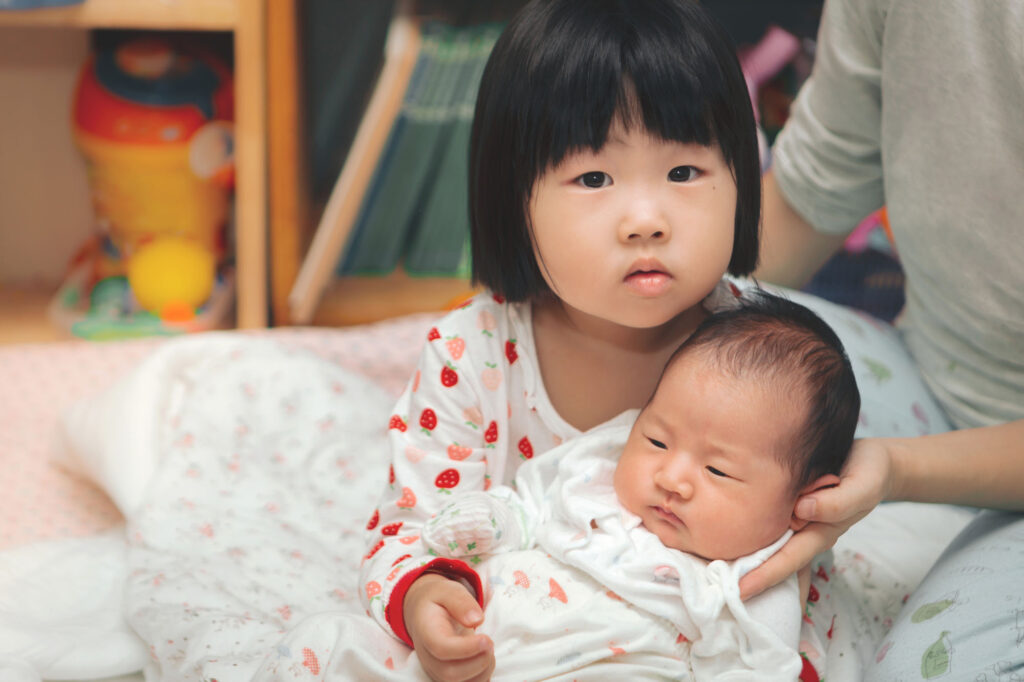The demographic crisis in South Korea deepens as the country’s birthrate, already the world’s lowest, falls to a new record low in 2023. Despite the government’s investments of billions of dollars in schemes to encourage more children, the average number of children a South Korean woman has in her lifetime dropped to 0.72 in 2023, from 0.78 in 2022 – a nearly 8% decline. This rate is well below the 2.1 children needed to maintain the current population of 51 million. If this trend persists, the population is projected to halve to 26.8 million by 2100, according to the Institute for Health Metrics and Evaluation at the University of Washington in Seattle.
Lim Young-il, head of the population census division at Statistics Korea, revealed that the number of newborns in 2023 was 230,000, 19,200 fewer than the previous year, marking a 7.7% decrease. Despite government efforts, including cash subsidies and support for infertility treatment, couples remain hesitant to have more children due to rising child-rearing costs, property prices, a lack of well-paid jobs, and the country’s competitive education system.
South Korea’s political parties are introducing policies to address the population decline, such as increasing public housing and easing loans. However, cultural factors, like the perception that being married is a prerequisite for having children, also contribute to the low birthrate.
South Korea is not alone in facing these challenges. Japan reported a record decline in its population in 2023, along with a record fall in births and the lowest number of marriages since World War II. The number of babies born in Japan fell for an eighth straight year to a new low of 758,631, a 5.1% decline from the previous year. The number of marriages also fell below half a million for the first time in 90 years, further contributing to the declining birthrate.
Many younger Japanese people are reluctant to marry or have families due to poor job prospects, rising living costs, and a corporate culture that makes it difficult for both parents to work. As a result, Japan’s population of over 125 million is projected to fall by about 30% to 87 million by 2070, with four out of every 10 people aged 65 or older.
Japan’s chief cabinet secretary, Yoshimasa Hayashi, emphasized the urgency of addressing the declining birthrate, stating that the next six years until the 2030s would be the last chance to reverse the trend.








More Stories
Teenager in viral photo of Obi’s 2023 presidential campaign rally, Alabi Quadri languishes in jail
Ribadu tells families of kidnapped victims not to pay any ransom
Ndume tackles Tinubu over massive borrowings, lists ‘spurious’ items